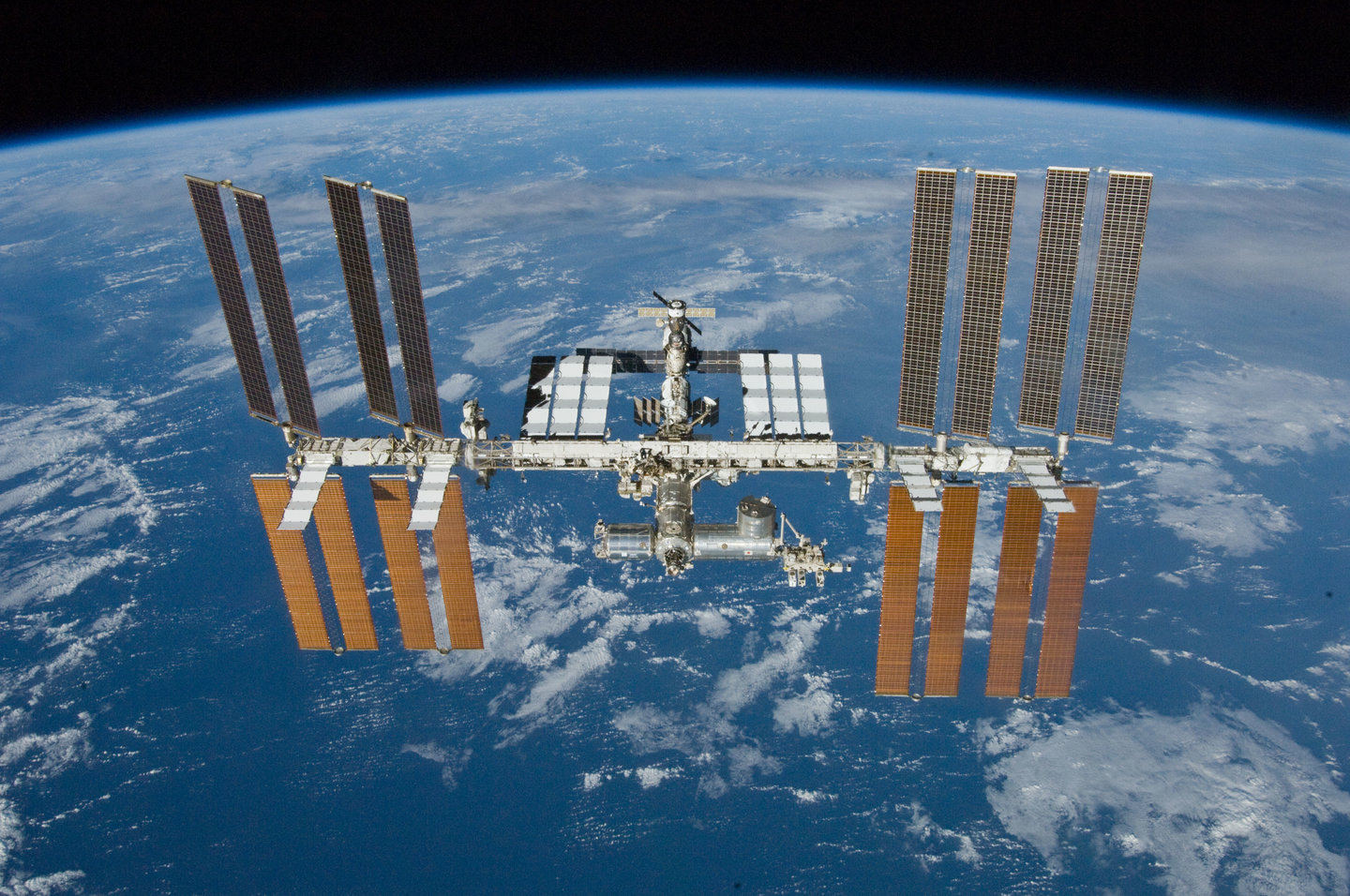The demand for microgravity experiments is expected to keep growing, but the main laboratory until now, the ISS, will be retired in the next decade. What is the future of commercial space markets?
The International Space Station, as seen from space shuttle Atlantis in 2011. (Photo: NASA)
Ever since her graduation from TU Delft, Dr. Stella Tkatchova has developed into an expert on commercial spaceflight and has published two books on the subject. Now she has turned her gaze on the demise of the International Space Station (ISS). In a recent article she explores the possibilities of a commercial space station.
The ISS has served as a microgravity and research laboratory for public and private entities for the last 20 years. Now, as its retirement date slowly approaches (it is expected in 2024), the future of commercial space research remains uncertain.
The International Space Exploration Coordination Group (ISECG), the organ that gathers space agencies together to define a common exploration strategy, has recognized the importance of private sector innovation and is willing to encourage the commercialisation of space technologies. Some anticipate that by 2028, the demand for microgravity scientific and R&D experiments will increase up to 300 per year.
Private companies could assume the operation of the ISS after its retirement
Where will these experiments be done? Can the ISS be handed over to private companies after its retirement by establishing public-private partnerships? Will the new lunar-orbit space station built by the ISS partners incorporate a commercial module, as NASA is suggesting? Or might operators develop a new, fully commercial space station in parallel?
Defining which markets will be interested in flying their experiments on board a space module is difficult at present. Probably some of the current markets doing research on board the ISS will expand, such as health, biotechnology and food.
But some new markets may emerge as well. For example, lightweight and nano-material producers, drug developers, and creators of water and air purification systems could be interested in testing their technologies in space.
The companies providing services related to microgravity research will need to attract venture capital and generate return of investment. With a steady customer base for flying microgravity experiments, the competition between these companies could lead to lower prices for integrating R&D payload, argues Tkatchova, and speed up the processes related to the design, construction and launch of experiments.
Tkatchova published her first book, Space-based Technologies and Commercial Development, in 2012. In her second book, Emerging Space Markets, which came out in January, she analyses the commercial space activities of the last 15 years and maps the future challenges that space companies will face.
• Stella Tkatchova, The future of the post-ISS commercial space markets, Ruimtevaart magazine, 2018-1
Maria Rubal / science editor



Comments are closed.